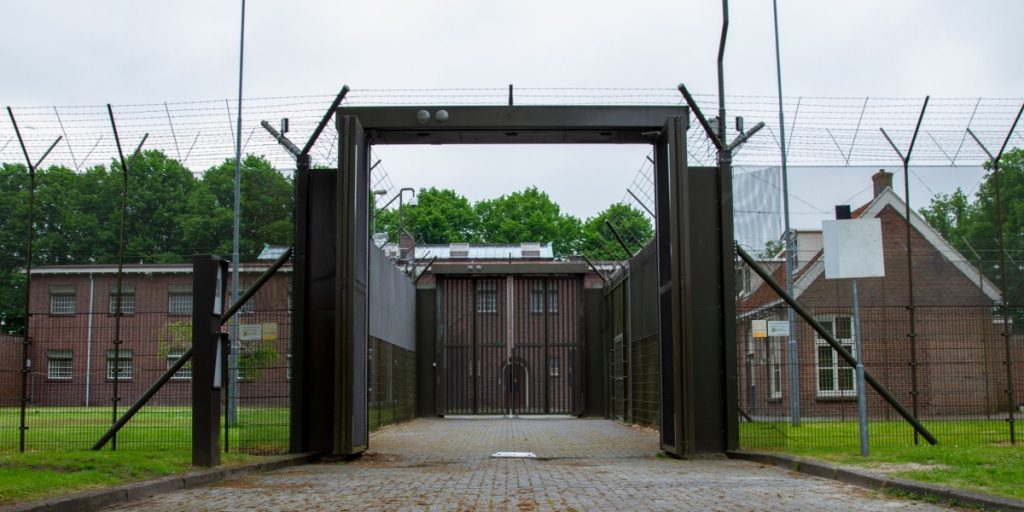British prisons are at risk of severe overcrowding.
Others are reading now
Britain is facing a pressing problem: Its prisons are getting too crowded.
As reported by Kurier, the British justice system may soon need to decide where to house criminals, with early release being one of the options under consideration.
Overcrowding Crisis
New Prime Minister Keir Starmer said, “It’s worse than I thought.”
His Labour Party government, which took over from the conservatives a week ago, is taking initial steps to address the issue.
Also read
Media reports suggest that the government is considering releasing offenders earlier than planned.
At the end of June, the Prison Governors’ Association warned that prisons would run out of space in a matter of days.
“Within weeks, this would pose a risk to the public,” the association stated.
Currently, there are about 87,500 inmates in England and Wales, with only around 88,900 available places.
One prison employee described dire conditions: “We put two prisoners in a cell where the toilet was leaking. We had no place else to go… The smell was so bad you couldn’t breathe.”
More Inmates, Longer Sentences
Over the past 30 years, the number of inmates has doubled, even though crime rates are down, according to the think tank Institute for Government.
This is partly because prison sentences are longer. In 2023, sentences were on average a quarter longer than in 2012. Even for the same crimes, penalties are harsher now; for example, robbery sentences last year were 13 months longer than in 2012.
The British justice system focuses more on punishment than rehabilitation.
In serious cases, a “whole-life order” can mean the offender is never released. The number of inmates has increased due to cases piling up in courts and violations of parole conditions.
Early Release Plan
To reduce the strain on prisons, new Justice Minister Shabana Mahmood may announce that prisoners can be released after serving 40 percent of their sentence instead of the current 50 percent.
This change would not apply to serious violent crimes or sexual offenses.
Critics warn that early releases could pose risks and create new problems. Emergency measures by the previous government already allowed for early releases of up to ten weeks.
The Institute for Government suggests that reducing the minimum time served is a practical short-term solution.
They also recommend considering house arrest with electronic ankle bracelets for minor offenses. But, in the long term, more prisons will need to be built, and the sentencing system will need to be reevaluated.


